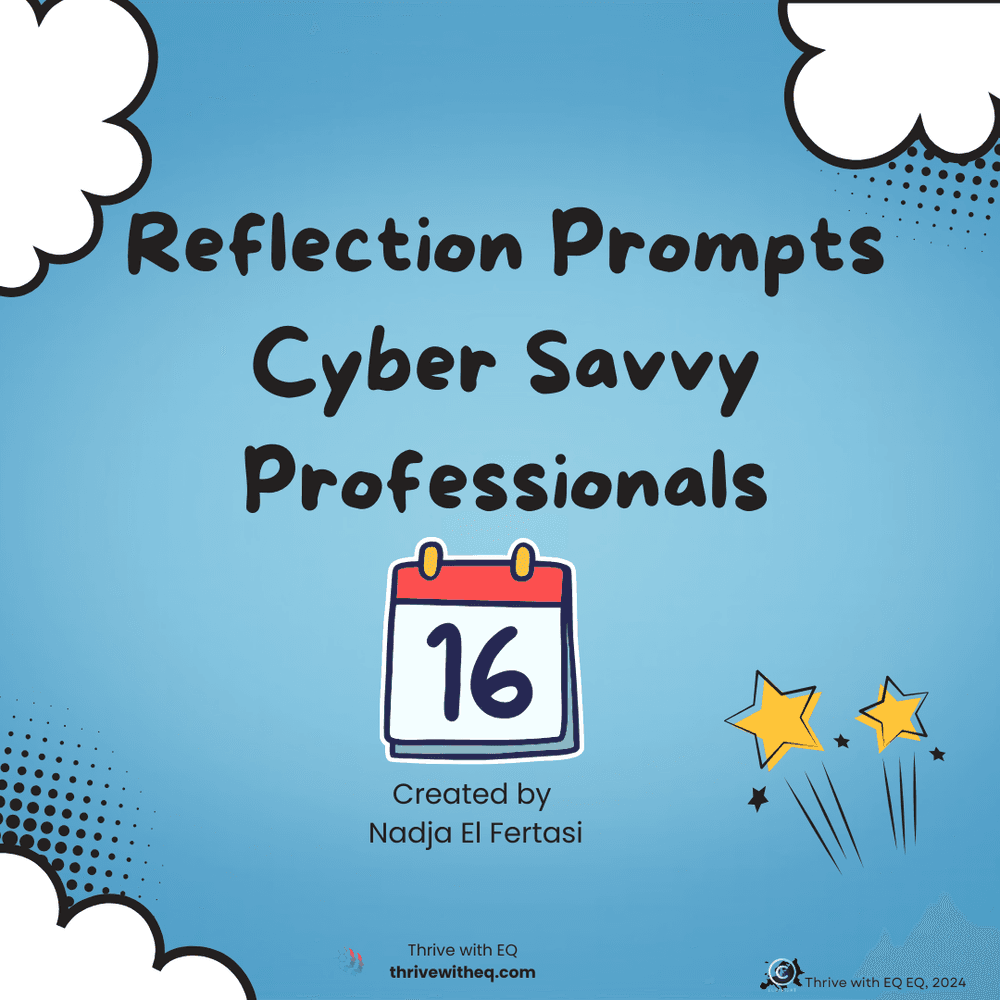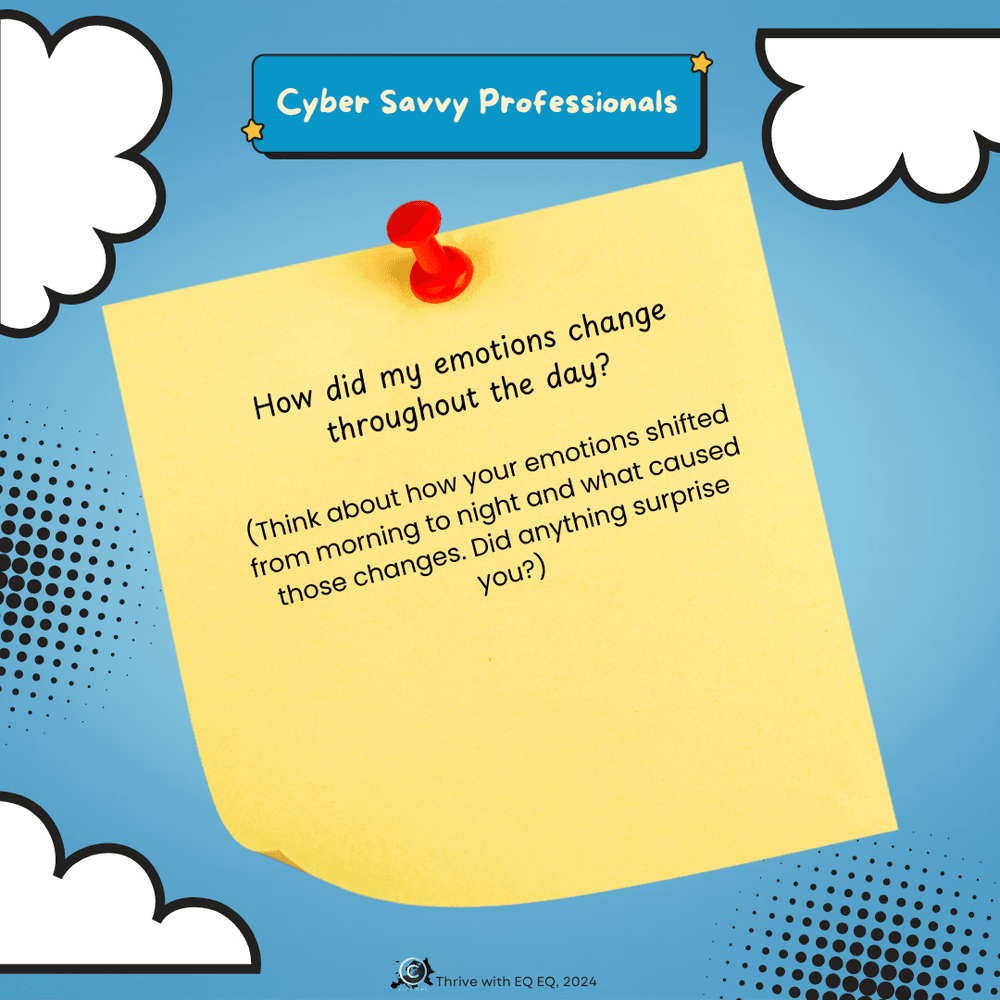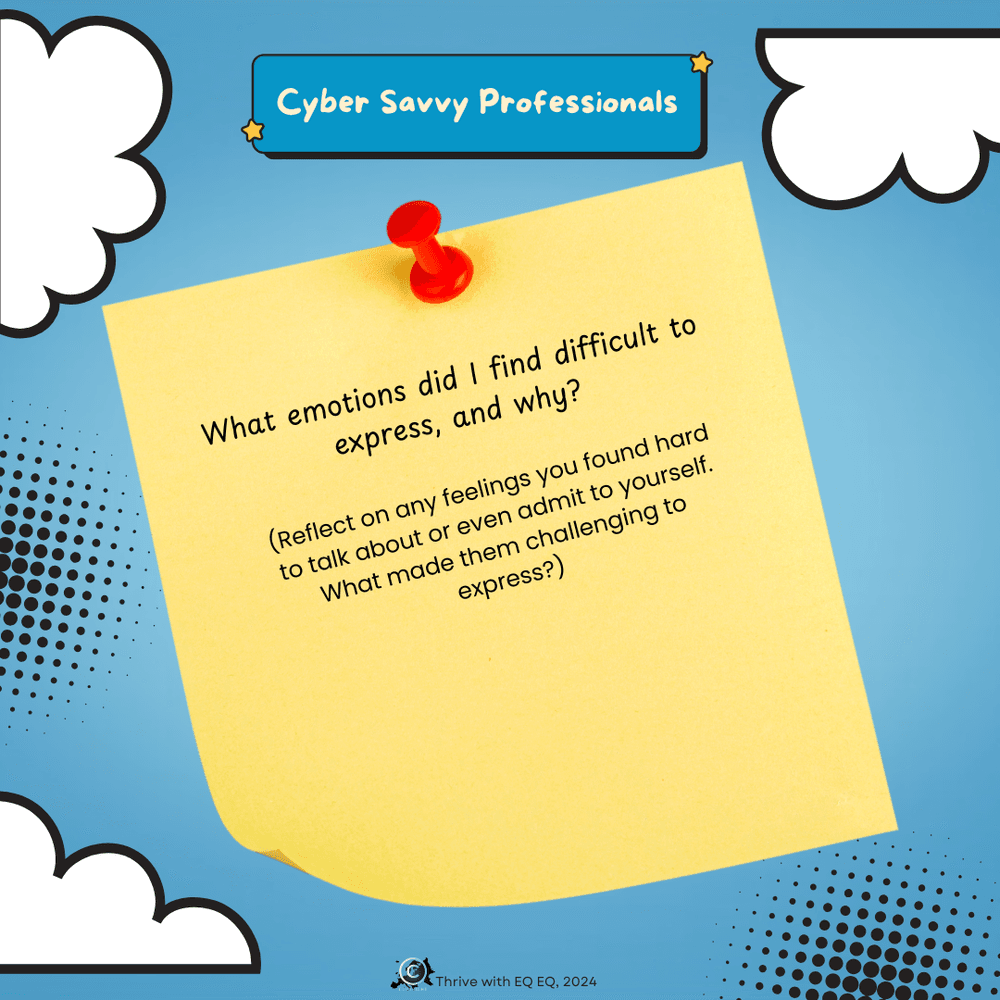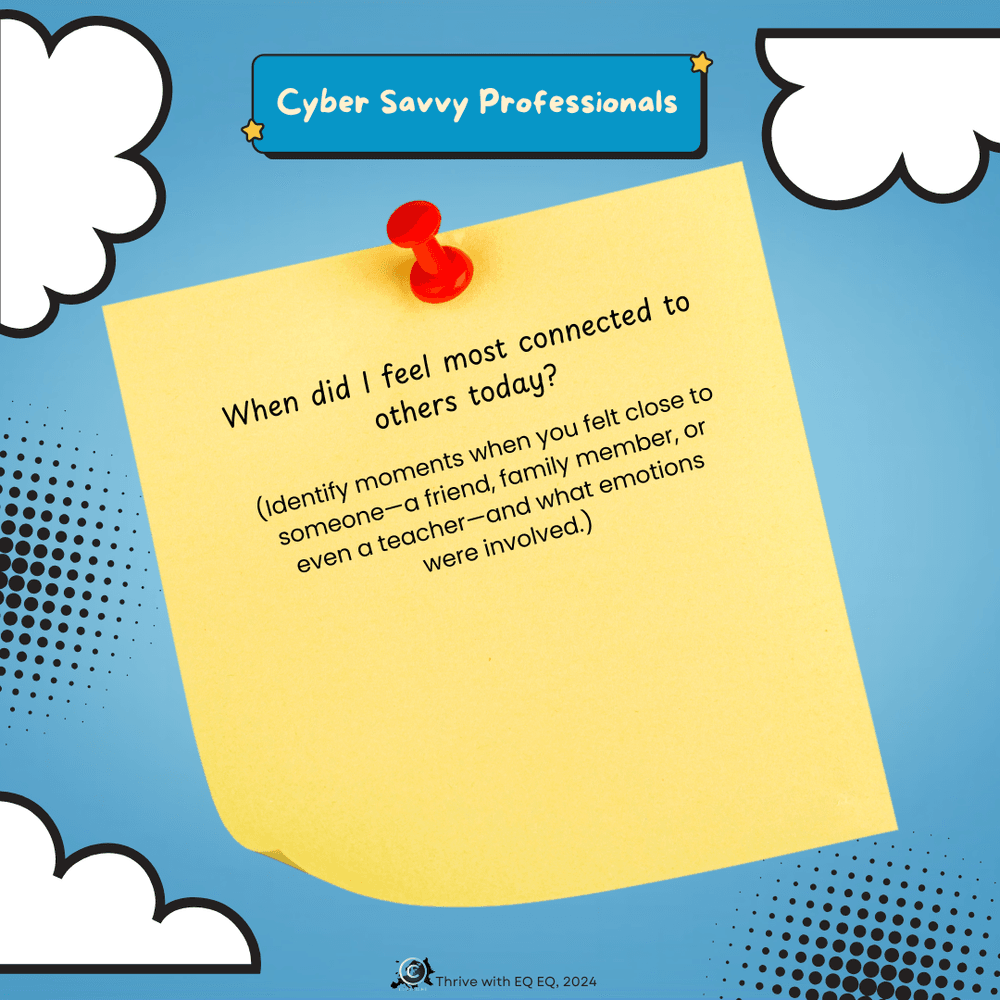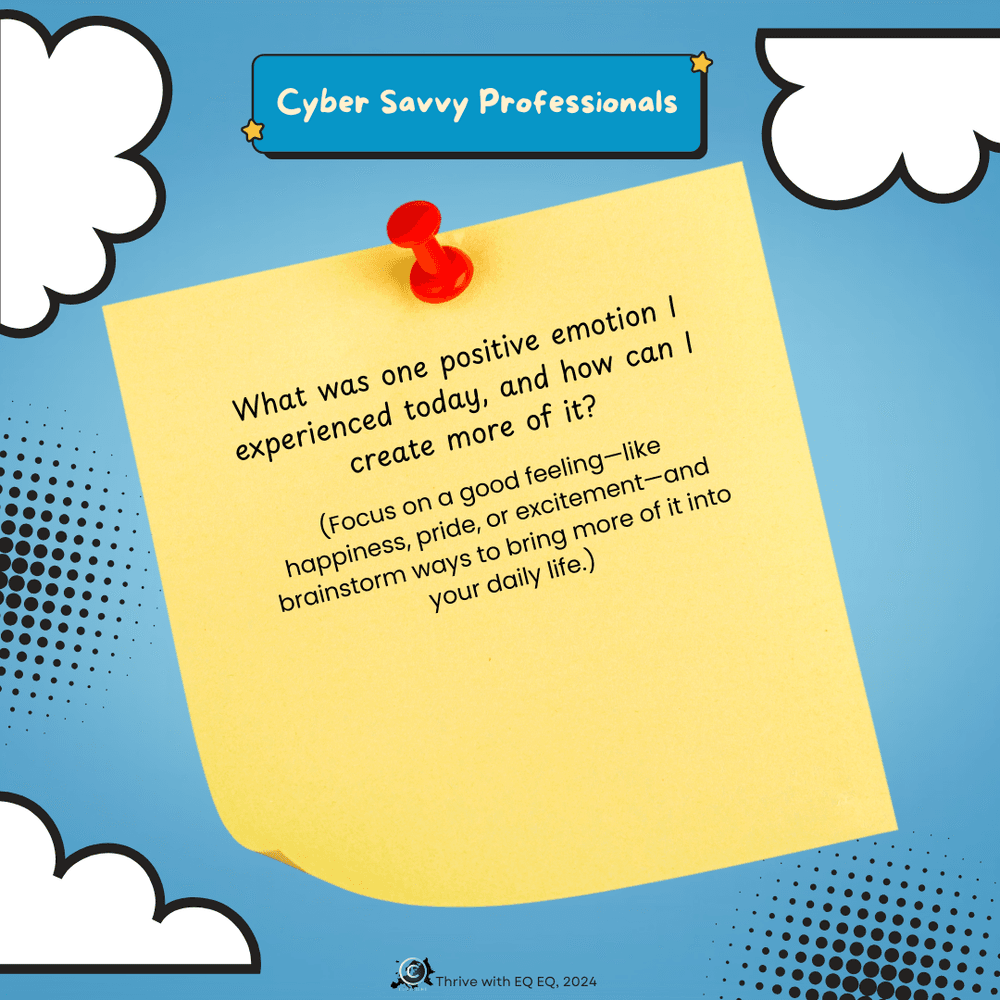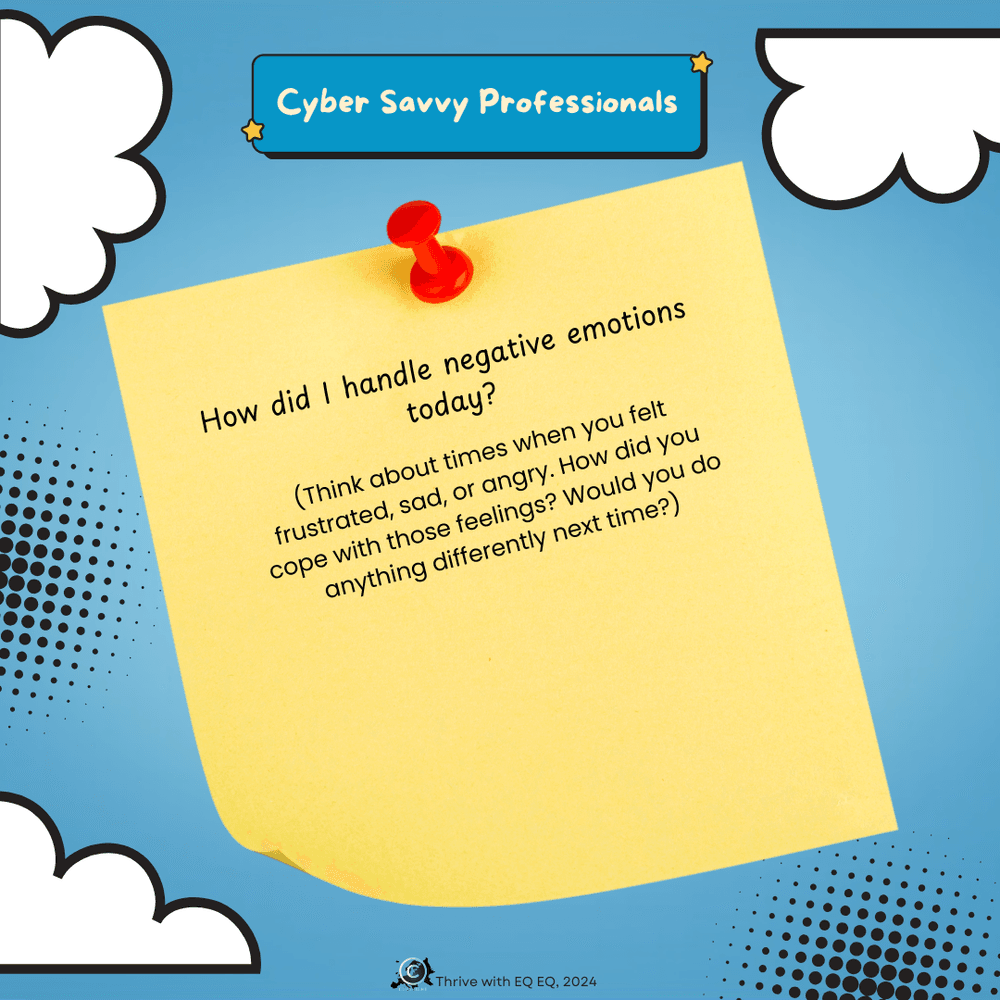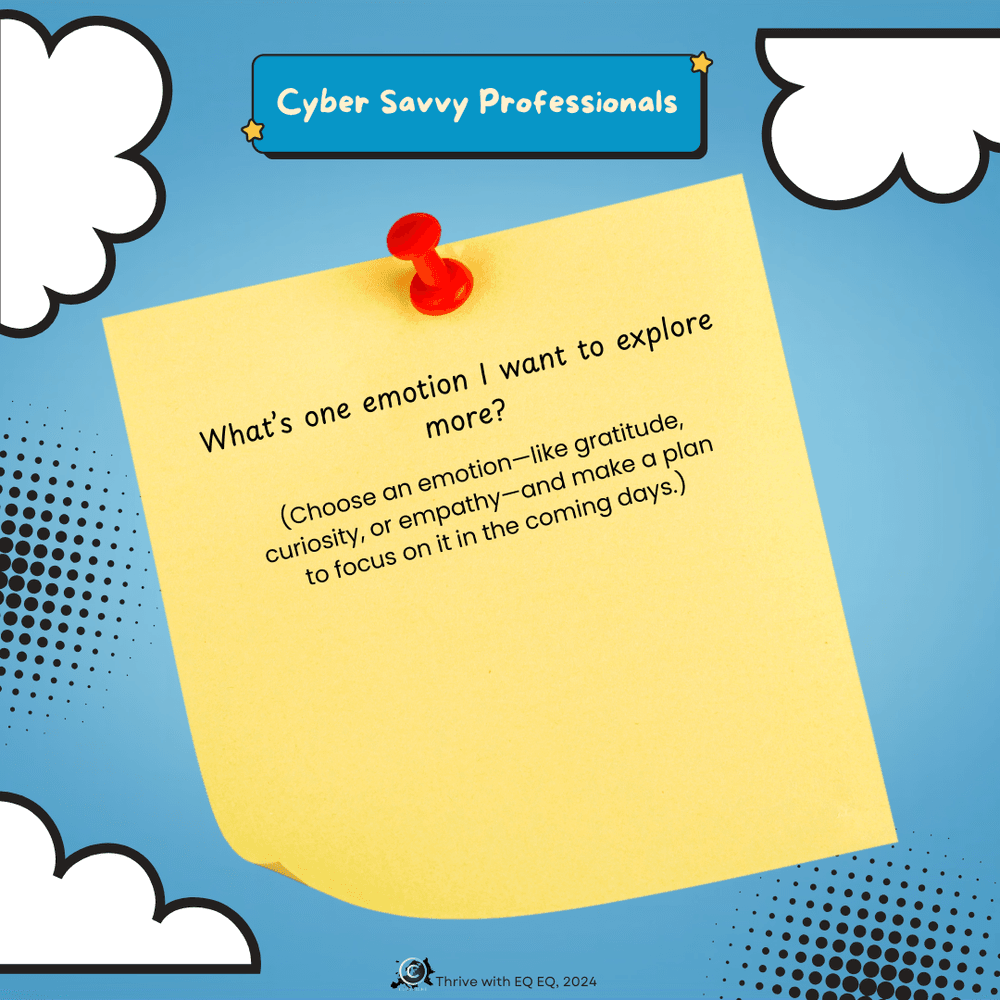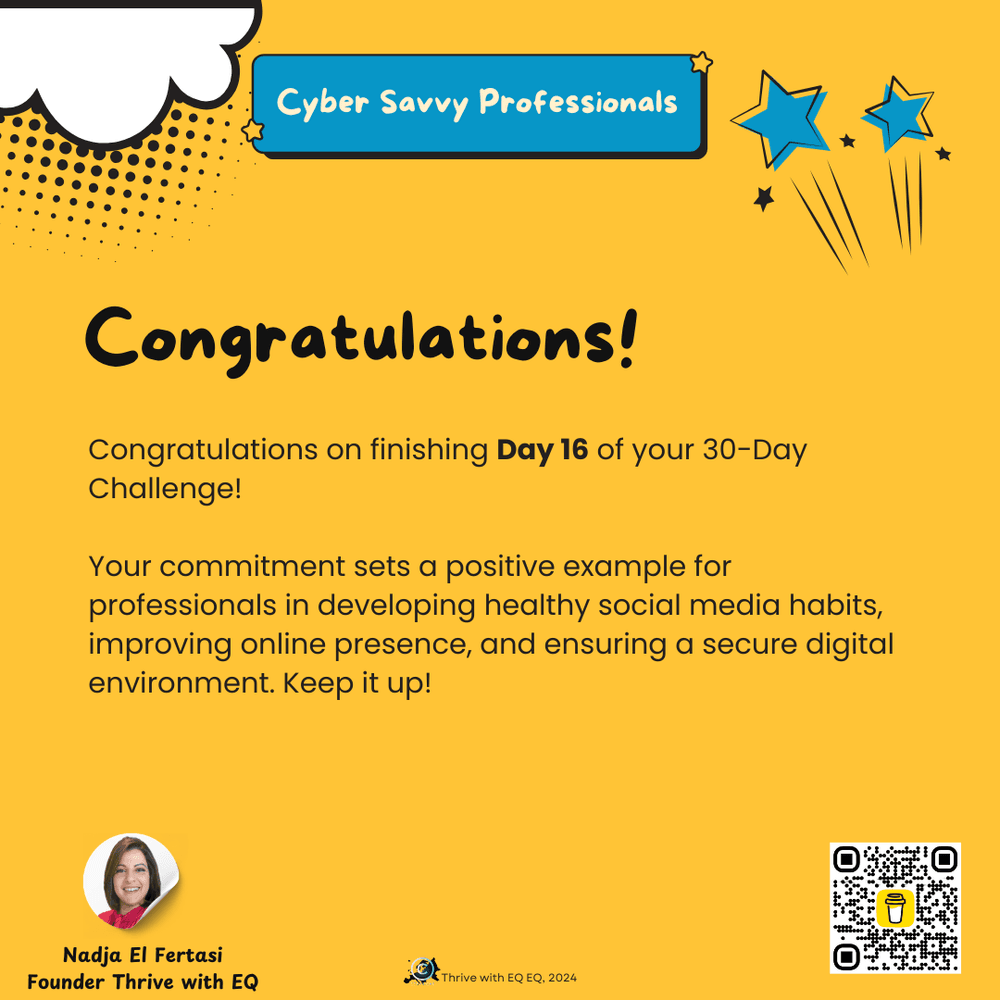Welcome back to Day 16 of your 30-Day Challenge focused on strengthening your professional relationships and emotional resilience!
Today, we’re focusing on a critical skill for effective communication in the workplace: active listening. Listening is more than just hearing words—it’s about fully engaging with the speaker, understanding their message, and responding thoughtfully. Active listening is a cornerstone of emotional intelligence and is vital for building trust, resolving conflicts, and fostering collaboration in any professional setting.
Key Techniques for Active Listening:
1. Maintain Eye Contact: Make gentle eye contact to show that you’re fully present and engaged in the conversation. This conveys respect and attentiveness, crucial for building rapport.
2. Use Affirmative Body Language: Nodding, leaning slightly forward, and maintaining an open posture signal that you’re actively listening and interested in what’s being said.
3. Reflective Listening: Paraphrase or summarize what you’ve heard to ensure you’ve understood correctly. This also gives the speaker a chance to clarify their message if needed.
4. Avoid Interrupting: Let the speaker finish their thoughts before responding. Interruptions can disrupt the flow of conversation and may make the speaker feel undervalued.
5. Ask Clarifying Questions: When appropriate, ask questions to delve deeper into the topic and show that you’re fully engaged in understanding their perspective.
Practice Makes Perfect:
Today, apply these techniques in a professional setting—whether in a meeting, a one-on-one conversation with a colleague, or during a client interaction. Focus on truly listening, without distraction, and reflect on how this changes the dynamic of the conversation. As you practice, notice how it feels to be both the listener and the speaker, and how active listening impacts the quality of the dialogue.
The Value of Being Heard:
Active listening isn’t just about understanding words—it’s about understanding emotions, intentions, and perspectives. When someone feels truly heard, it validates their experience, builds trust, and strengthens the relationship. In a professional context, this can lead to better teamwork, more effective problem-solving, and stronger leadership.
Action Item for This Week:
Choose one professional relationship where you’d like to improve communication. Commit to practicing active listening with this person throughout the week. Pay attention to the impact it has on your interactions and the relationship as a whole.
By mastering the art of active listening, you’re enhancing your ability to communicate effectively and build stronger, more resilient professional relationships. These skills will not only improve your workplace dynamics but also reinforce your emotional resilience.
Let’s continue refining these skills as we move forward—see you tomorrow for Day 17 of the Emotional Firewalls Challenge!

